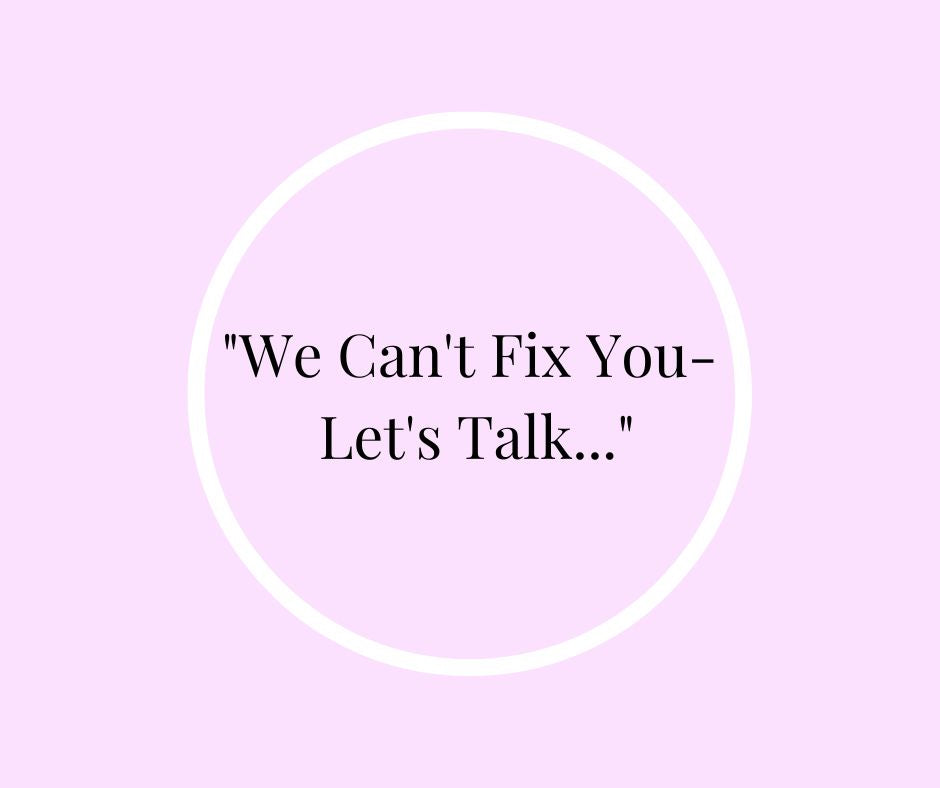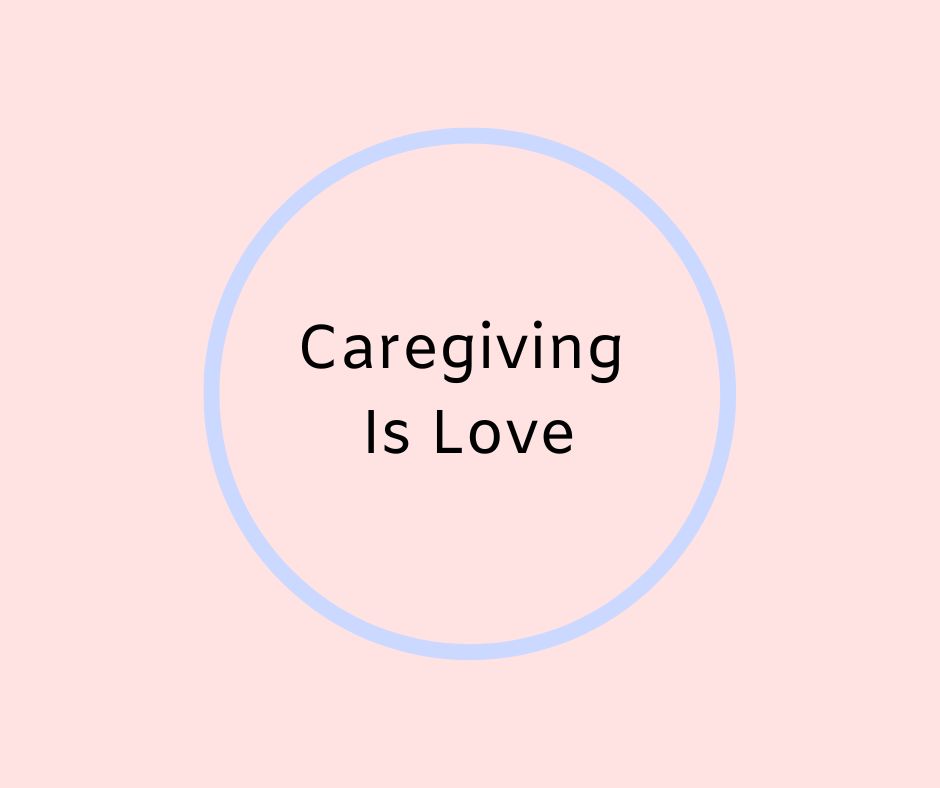Dear Barbara, My husband was diagnosed with dementia.He has been under hospice care for over 2 years in a residential care home and has now entered EOL stage. Our hospice “service” in AZ focus solely on providing for the needs of my husband so I’m looking for resources to support me and our son.
I responded to this woman but feel led to address “our hospice service in AZ focus solely on providing to the needs of my husband” with anyone who will listen.
My hope is this woman fell through the cracks or misunderstood “hospice service focuses solely” on the needs of the patient. For the record, Hospice service very much focuses on the family and primary caregiver. When in a nursing facility, then their service also includes the staff of the nursing facility.
As I type this, the thought occurs to me that the hospice is considering the staff the primary caregiver and not including the family as part of care. Surely not!! Tell me that isn’t true!!!!
From the very beginning of hospice care in this country, before there was reimbursement and regulations, the plan of care ALWAYS included the family and primary care person. When the Medicare regulations were written family was specifically included. Why would we have bereavement follow-up and support written into the regulations and plan of care if it were not addressing the needs of the family?
90% of end of life care is about education. Education of the signs of approaching death and what to do as it approaches for THE FAMILY AND CAREGIVER.
Dying is not a medical event. It is a social, communal event. Dying is not a time for procedures or medications. It is time for support, guidance and reassurance FOR THE FAMILY.
These phrases I’ve said, (actually shouted from the rooftops) for years, 43 years to be exact. These sentences are the essence of end of life care, the essence of hospice care FOR THE FAMILY AND CAREGIVER. Hospice is very much about the patient and family. The patient we keep comfortable and the family we support, guide, and reassure.
is for both professionals and laypeople. This book weaves personal stories with practical care guidelines, including: living with a life-threatening illness, signs of the dying process, the stages of grief, living wills, and other end of life issues.
The Final Act of Living: Reflections of a Long-Time Hospice Nurse is an end of life book; a resource that reads like a novel, yet has the content of a textbook.








8 comments